Colombieres-sur-Orb
The communal territory is home to a castle and the Gorges de Colombières, part of the Haut-Languedoc Regional Park, which includes prehistoric traces of troglodytes.
This area has been frequented at least since prehistory, particularly in the late Neolithic period (megalithic tomb and rock engravings above the Madale stream, the territory of Colombières has yielded several interesting archaeological clues. Among other things, a castrum from the High Middle Ages has been identified, known as the oppidum of Saucani (from the novel 'Summit and waterfall'), above the hamlet of Seilhols. In the village itself, a remarkable early and rare fanum in Narbonnaise was unearthed in 1954, on the left bank of the Arles stream, under the path leading to the hamlet of Seilhols, and excavated under the direction of Claude Pascal
The castle.
Composed of several successive states (from a native sanctuary of the 1st century preceding our era until the end of the 4th century) it yielded a very large number of religious objects (always deposited in the village): fragments tutelary statue, coins, glassware, common ceramics, Graufesenque ceramics, dishes and goblets with white engobe type "drinkers of Vichy", fragments of amphora with colored coating, beads, lamps and many votive figurines including the potter's signature arverne Nattus is attested (NATTI ARVE M ref. Nattus Arvernus. Among the latter, there are animals (doves, roosters, hens, cats, dogs, horses, bulls) and female statuettes (notably a Mater, several Venuses and an Epona on horseback) modeled by coroplaty. The Gallo-Roman period is also attested by the presence of a rural settlement on the Pech d'en Calle, at the tenement of Sainte-Colombe, opposite the small chapel, another at Roussas, and by one so-called Roman road leading from the oppidum of Saucani to the hamlet of La Fage (municipality of Rosis).
Click on any image for enlarged image and navigation views.
The communal territory is home to a castle and the Gorges de Colombières, part of the Haut-Languedoc Regional Park, which includes prehistoric traces of troglodytes.
This area has been frequented at least since prehistory, particularly in the late Neolithic period (megalithic tomb and rock engravings above the Madale stream, the territory of Colombières has yielded several interesting archaeological clues. Among other things, a castrum from the High Middle Ages has been identified, known as the oppidum of Saucani (from the novel 'Summit and waterfall'), above the hamlet of Seilhols. In the village itself, a remarkable early and rare fanum in Narbonnaise was unearthed in 1954, on the left bank of the Arles stream, under the path leading to the hamlet of Seilhols, and excavated under the direction of Claude Pascal
The castle.
Composed of several successive states (from a native sanctuary of the 1st century preceding our era until the end of the 4th century) it yielded a very large number of religious objects (always deposited in the village): fragments tutelary statue, coins, glassware, common ceramics, Graufesenque ceramics, dishes and goblets with white engobe type "drinkers of Vichy", fragments of amphora with colored coating, beads, lamps and many votive figurines including the potter's signature arverne Nattus is attested (NATTI ARVE M ref. Nattus Arvernus. Among the latter, there are animals (doves, roosters, hens, cats, dogs, horses, bulls) and female statuettes (notably a Mater, several Venuses and an Epona on horseback) modeled by coroplaty. The Gallo-Roman period is also attested by the presence of a rural settlement on the Pech d'en Calle, at the tenement of Sainte-Colombe, opposite the small chapel, another at Roussas, and by one so-called Roman road leading from the oppidum of Saucani to the hamlet of La Fage (municipality of Rosis).
Click on any image for enlarged image and navigation views.

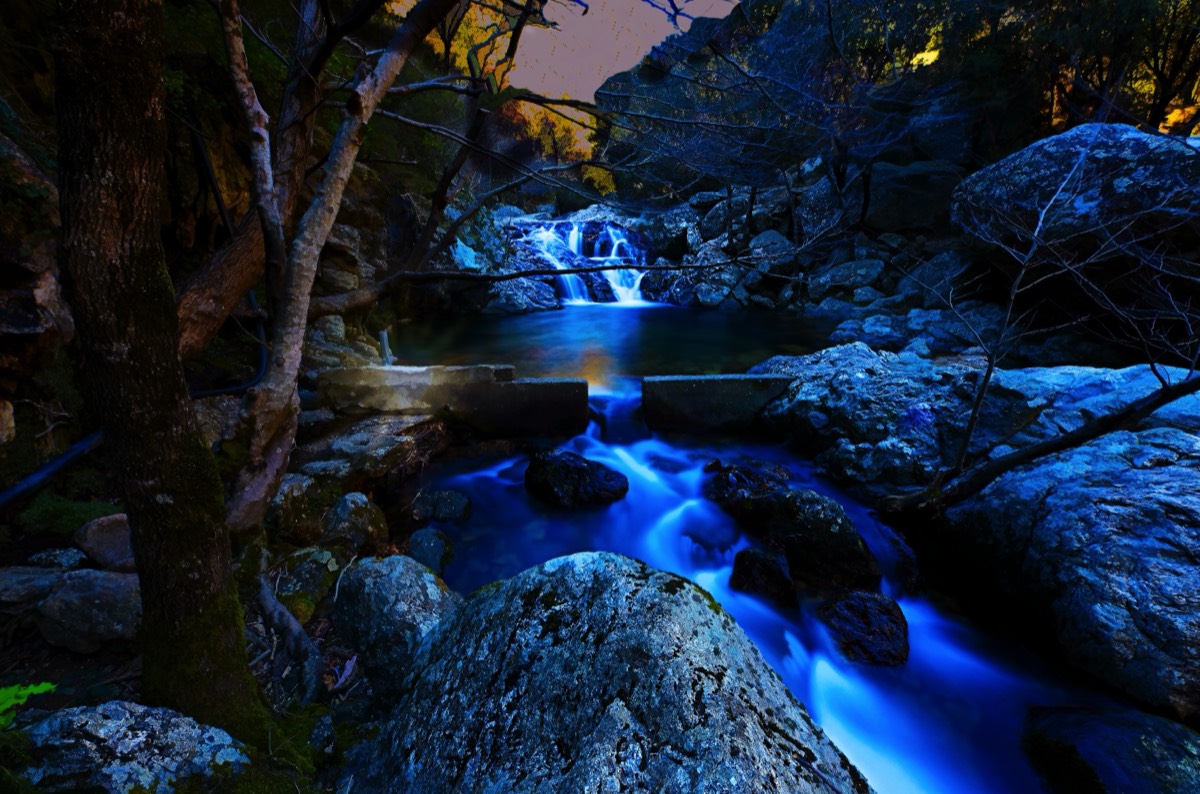
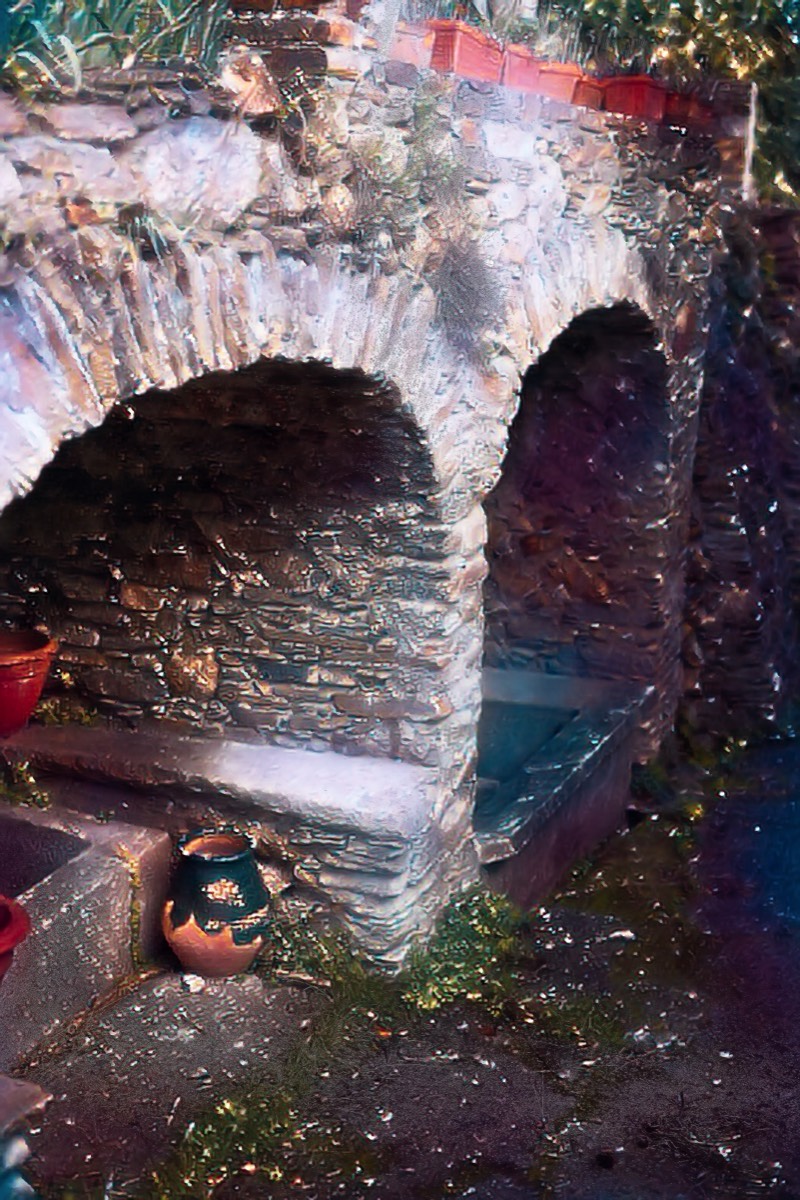
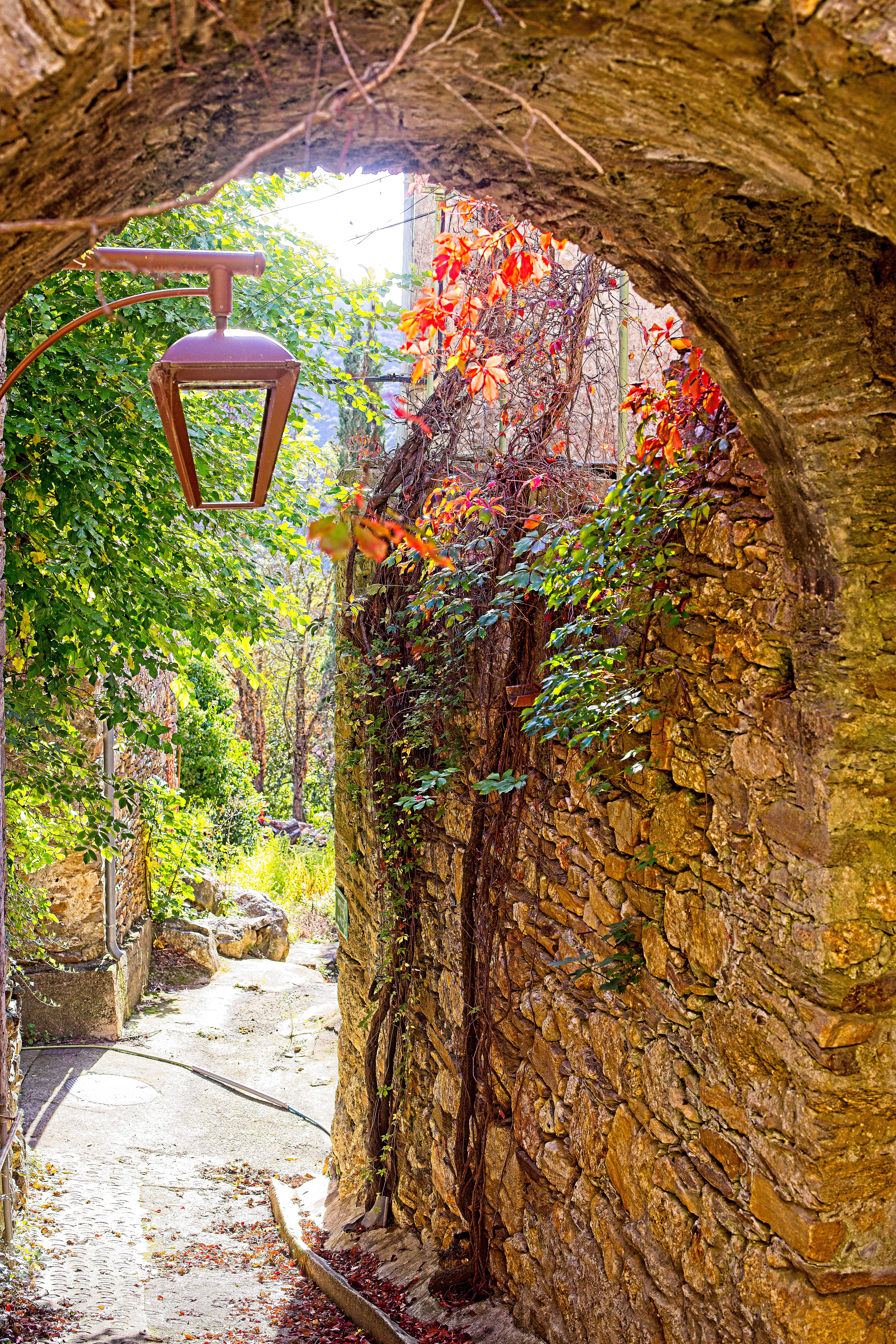
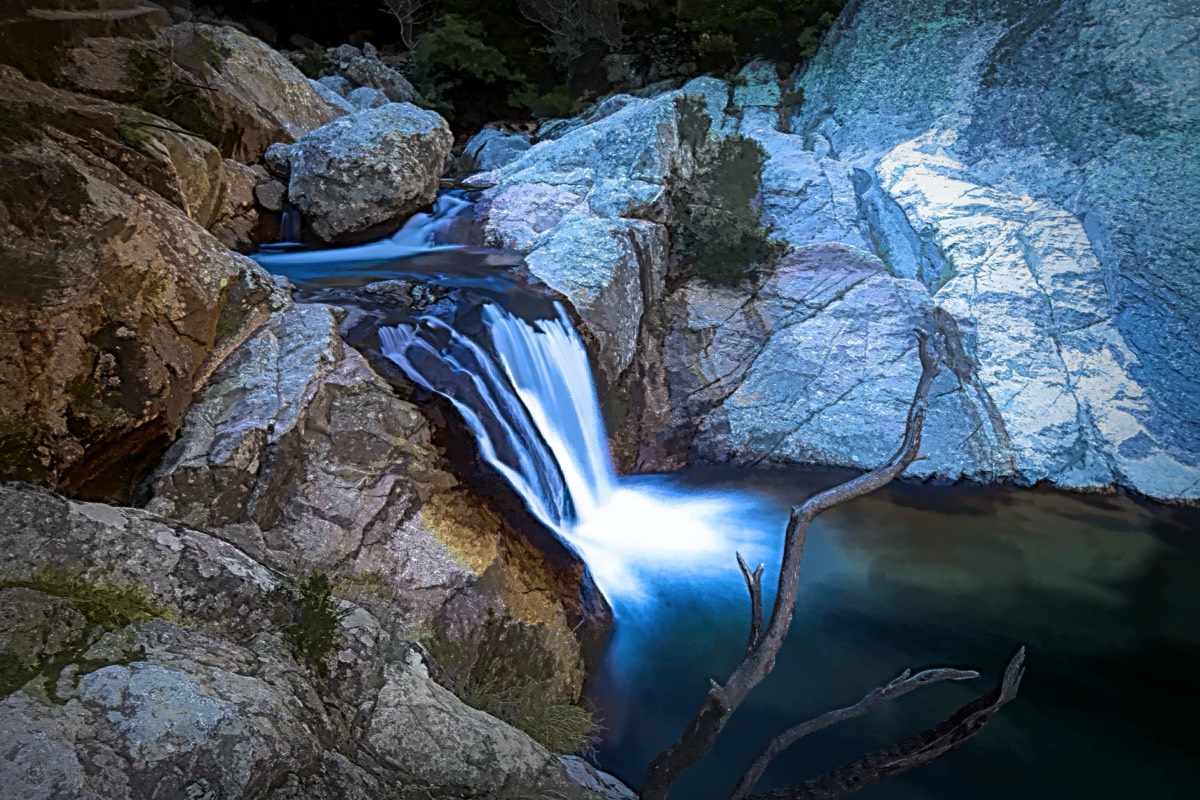
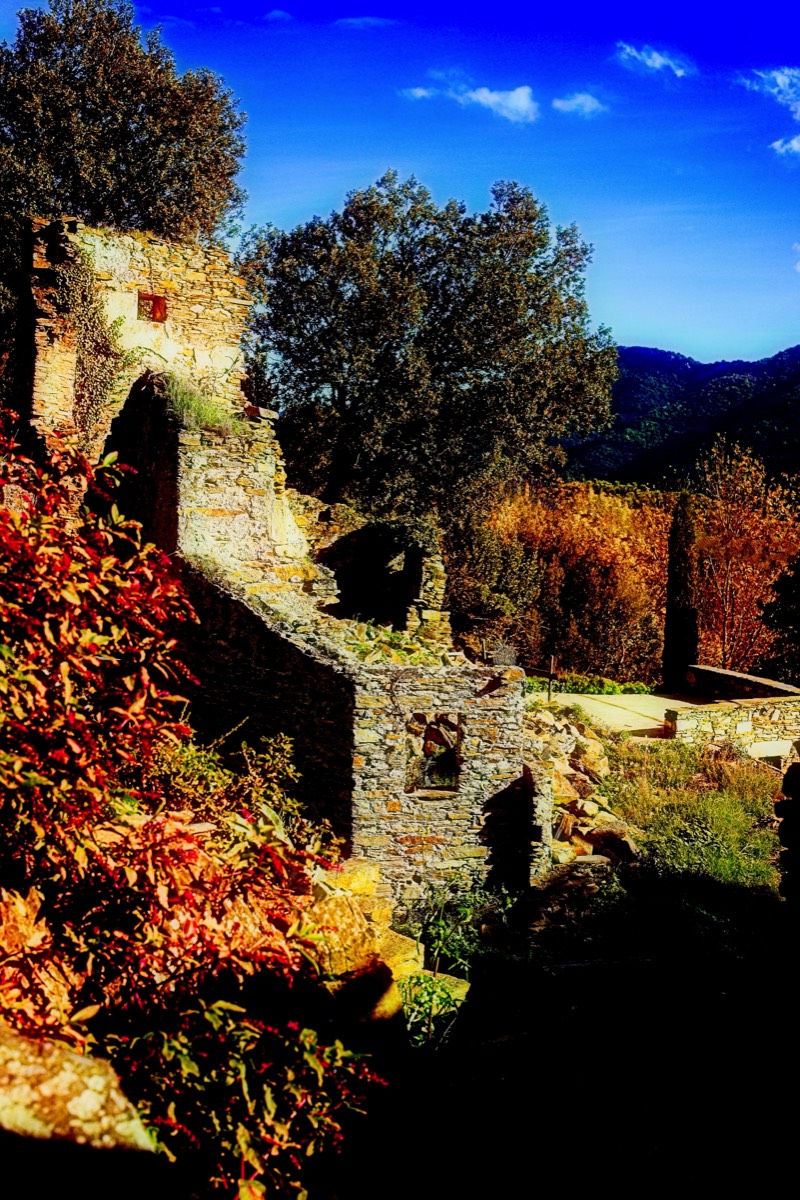
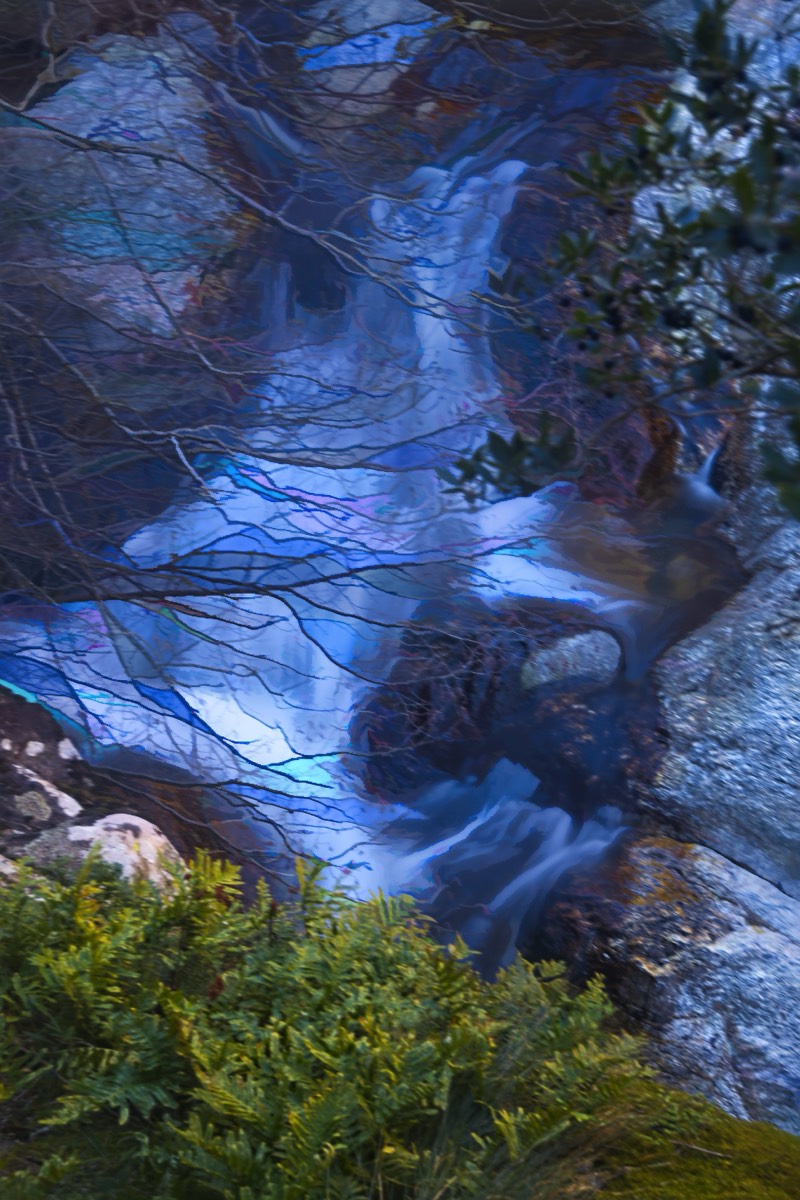

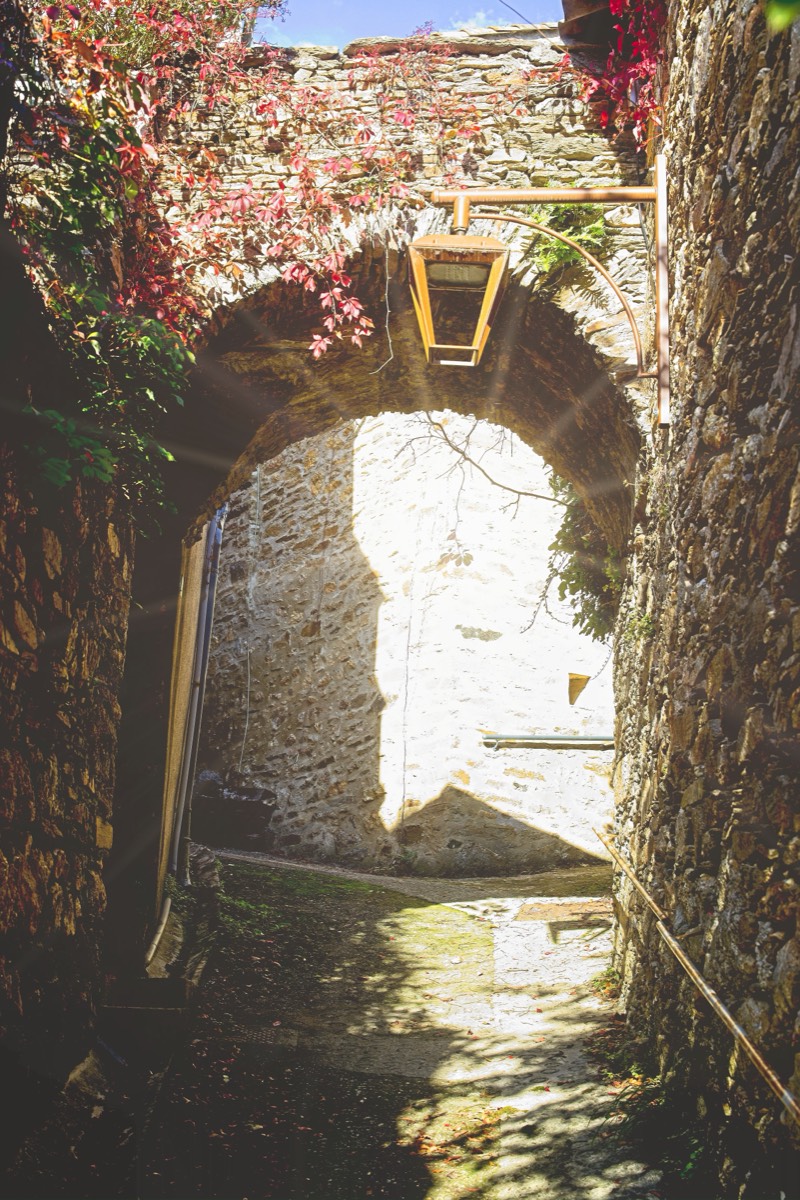
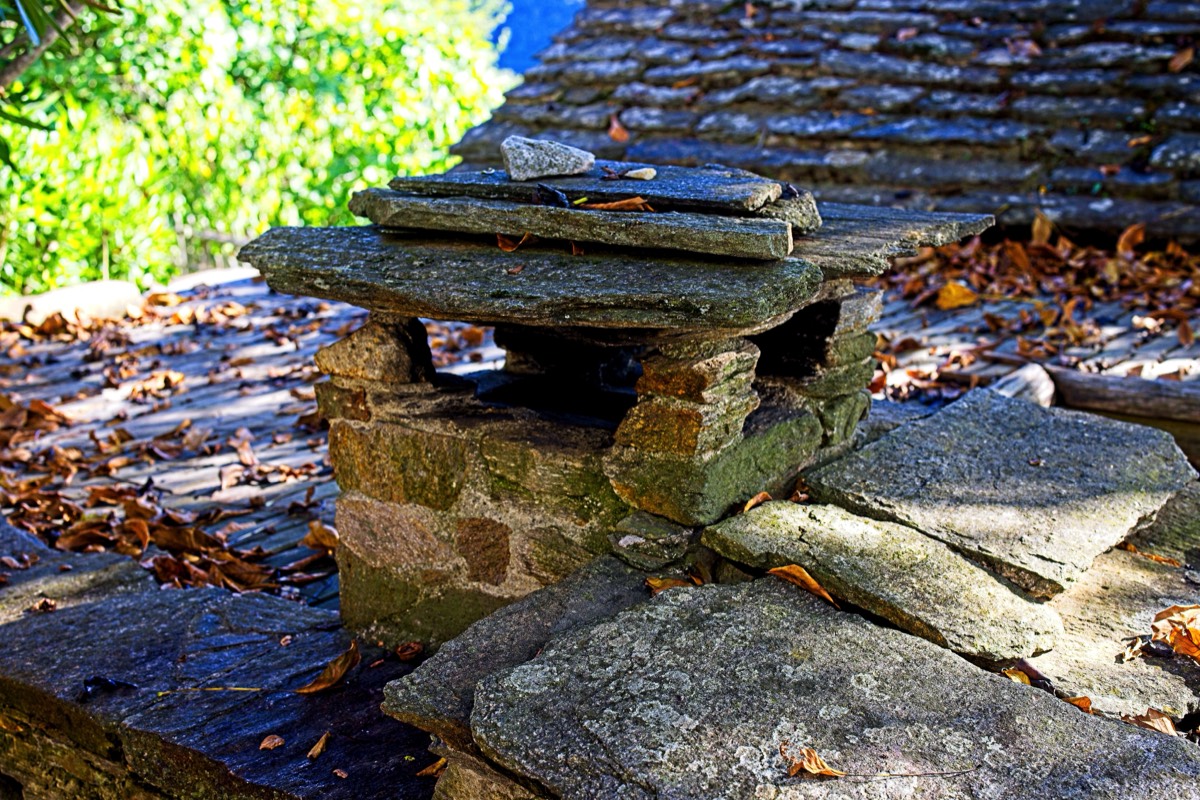

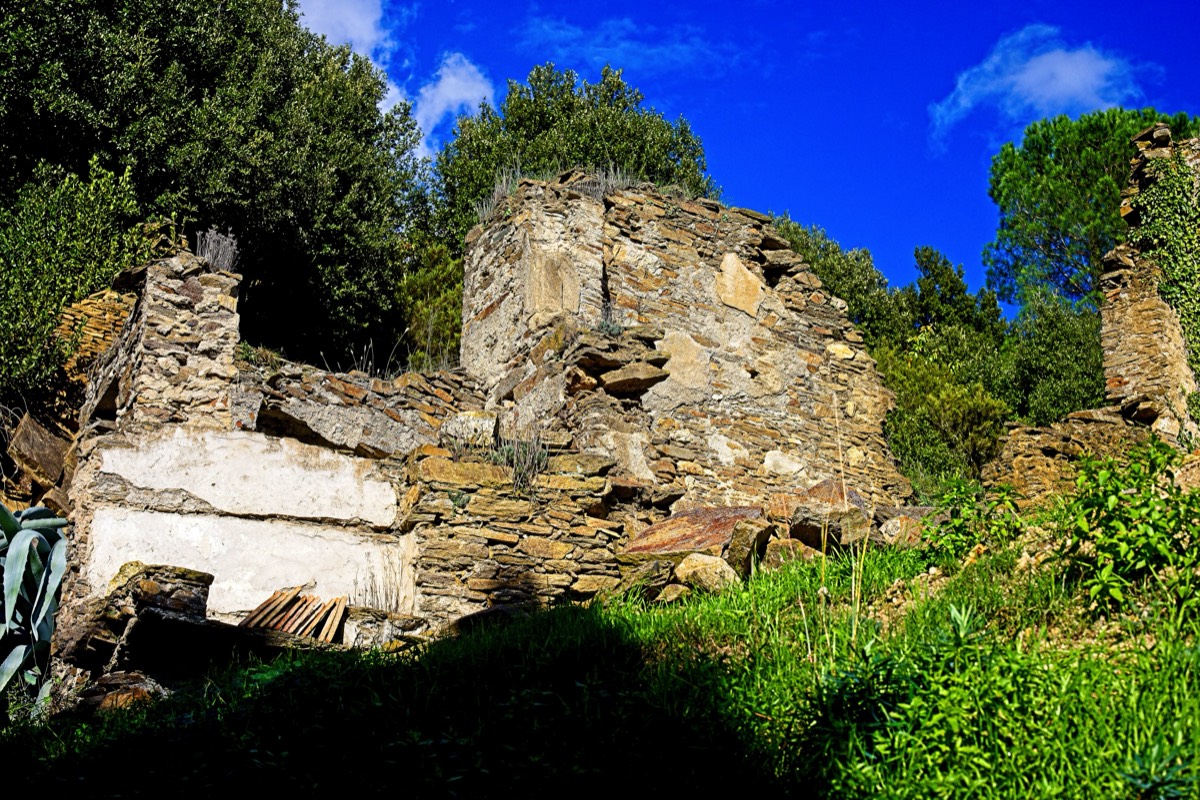

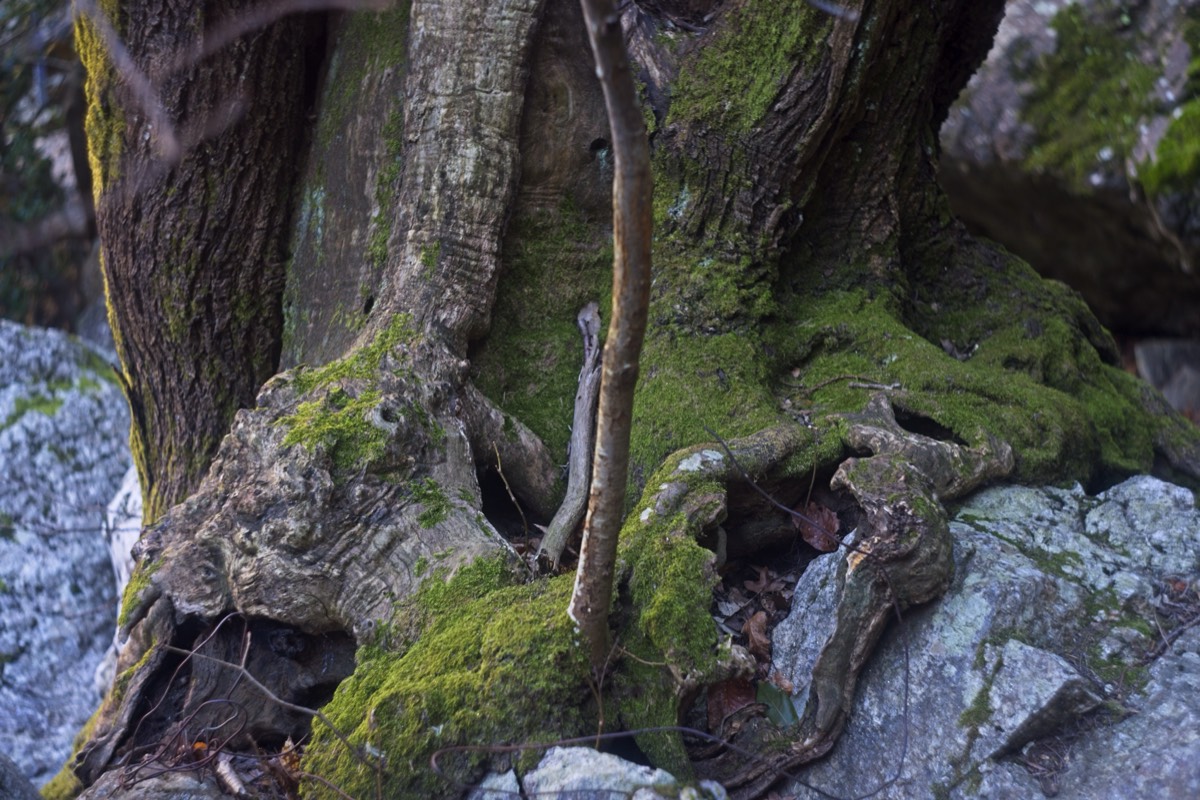
Site Search
- Images by Lens
- A.Schacht Ulm 90 f2.8
- A.Schacht Ulm 135 3.5
- ASchacht MTRAVENAR
- Anamorphic LOMO 110
- Asahi Takumar 17 f4
- Berthiot Flor 200 f4.5
- Canon 50 f1.2 RF
- Canon Dream 50 f0,95
- Canon 50 f1.8 Leica
- Canon FD 50 f1.4
- CZ Biogon 35 f2.8
- CZ R-Biotar 50 f0.7
- CZ Biotar 58 f2
- CZ Biotar 58 PreWar
- CZ Biotar 75 f1.5
- CZ Flektogon 20 f2.8
- CZ Pro Tessar 50 f2.8
- CZ Pro Tessar 115 f4
- CZ Sonnar 50 f1.5
- CZ Sonnar 85 f2.0
- CZ Sonnar 135 f4
- CZ Sonnar 135 PreWar
- CZ Stereotar Stereo
- CZ Stereo-System
- CZ Triotar 135 f4
- Cyclop H3T 85 f1.5
- Deltamar 70 f1.6
- EF 100mm f/2.8L USM
- EF 100-400 f/4.5L IS
- El-Nikkor 50 f2.8
- El-Nikkor 50 f4
- Elicar V-HQ Medical
- Ernemann Ernostar f2
- Fujinon 55mm f2.2
- Helios 44 (KMZ)
- Helios 44 58 f2
- Helios 65 50 f2
- ISCO Ultra MC 65 f2
- ISCO Ultra MC 85 f2
- Jupiter 9 85 f2
- Jupiter 11 f4.0
- Kilfitt Makro-Kilar 40
- Konishiroku 35 f2.8
- Konica Hexanon 260
- Leitz Wetzlar AV90 f2.5
- Mayer AV 80 f2.8
- Meyer 100mm f2.8
- Mir-1 37mm f2.8
- MC Rokkor 24mm f2.8
- MC Rokkor 28 mm f2.5
- MC Rokkor 58 f1.2
- MD Rokkor 135 f2.8
- Noflexar 35 f3.5 Macro
- Olympus Zuiko 50 f1.8
- Pentacon 28 f2.8
- Pentacon 50 f1.8
- Pentacon 135 f2.8
- Pentacon 200 f4
- Pentagon AV 80 f2.8
- Pentagon AV 100 f2.8
- Pentacon AV 140 f3.5
- Petzval LOMO 130 f1.8
- Rayxar e50 f0.75 Delft
- Rodenstock Heligon
- Rodenstock Rodagon
- RF 50mm f/1.2L USM
- Rollei Projar 85 f2.8
- Schneider 50 f2.8
- Schneider 75 f4.5
- Schneider 135 f3.5
- Sigma 14-24 DG Art
- Steinheil 135cm f4.5
- Stitz Stereo SV-1 3D
- Stitz Stereo IR SV1 3D
- Super-Takumar 55 f1.8
- Super-Kiptar 90 2.0
- Tair-11 133 f2.8
- Will-Wetzlar AV 90
- Triplet 5 AV 100 f2.8
- Images Created
- Images France
- Aigues-Mortes
- Aigues-Vives
- Albi
- Arles
- Bardou
- Bédarieux
- Bédarieux Stereo
- Beziers
- Boussagues
- Boussagues Stereo
- Brenas
- Cabreroles
- Cabretolles
- Camplong
- Caroux Stereo
- Caussiniojouls
- Château de Mourcairol
- Cirque de Mourèze
- Cirque Mourèze Stereo
- Colombieres-sur-Orb
- Colombièrs-Le-Haut
- Colombieres Stereo
- Douch
- Estaussan
- Faugeres
- Faugeres Stereo
- FOS
- FOS Stereo
- Frontignan
- Gabion
- Château Grézan
- Gorges d'Heric
- Gorges d'Heric Stereo
- Graissessac
- Herepian
- Herepian Stereo
- Herepian Rally
- Herepian Cycling
- La-Couvertoirade
- Lamalou-les-Bains
- Lodève
- Madale de Rosis Stereo
- Minerve
- Minerve Stereo
- Montpellier
- Music Prieuré StJulien
- Narbonne
- Olargues
- Olargues Stereo
- Passa Pais
- Passa Pais Stereo
- Pezanas
- Pézènes-les-Mines
- Pézènes Stereo
- Roquebrun
- Saint-Julien
- Saint-Martin-de-l'Arçon
- St-Martin-de-Londres
- St-Martin-de-Londr 3D
- St-Naxaire-de-Ladaraz
- St Guilhem le Desert
- Vieussan
- Vieussan Stereo
- Villemagne-l'Argentaire
- Villemagne Stereo
- Images Painted
- IR and UV
- Lenses
- Asahi Takumar 17 f4
- A.Schacht Ulm 90 f2.8
- A.Schacht Ulm 135 3.5
- ASchacht MTRAVENAR
- Anamorphic LOMO 110
- Berthiot Flor 200 f4.5
- Canon 50 f1.2 RF
- Canon Dream 50 f0.95
- Canon 50 F1.8 Leica
- Canon FD 50 f1.4
- CZ Biogon 35 f2.8
- CZ R-Biotar 50 f0.7
- CZ Biotar 58 f2
- CZ Biotar 58 PreWar
- CZ Biotar 75 f1.5
- CZ Contaflex
- CZ Flektogon 20 f4
- CZ Flektogon 20 f2.8
- CZ Sonnar 50 f1.5
- CZ Sonnar 85 PreWar
- CZ Sonnar 135 f4.0
- CZ Sonnar 135 PreWar
- CZ Stereotar Stereo
- CZ Stereo-System
- CZ Triotar 135 f4.0
- Cyclop H3T 85 f1.5
- Deltamar 70 f1.6
- EF 100mm f/2.8L
- EF 100-400 f/4.5L IS
- El-Nikkor 50mm
- Elicar V-HQ Medical
- Ernemann Ernostar f2
- Fujinon 55mm f2.2
- Helios 44 (KMZ)
- Helios 44-2 58 f2
- Helios 65 50 f2
- ISCO Ultra MC 65 f2
- Jupiter 9 85 f2.0
- Jupiter 11 135 f4.0
- Kilfitt Makro-Kilar 40
- Konishiroku 35 f2.8
- Konica Hexanon 260
- Leitz Wetzlar 90 f2.5
- MC Rokkor 24 f2.8
- MC Rokkor 28 f2.5
- MC Rokkor 58 f1.2
- MD Rokkor 135 f2.8
- Meyer AV 80mm f2.8
- Meyer 100mm f2.8
- Mir-1 37mm f2.8
- Noflexar 35 f3.5 Macro
- Olympus Zuiko 50 f1.8
- Pentacon 28 f2.8
- Pentacon 50 f1.8
- Pentacon 135 f2.8
- Pentacon 200 f/4
- Pentacon AV 80 f2.8
- Pentacon AV 100 f2.8
- Pentacon AV 140 f3.5
- Petzval LOMO 130 f1.8
- Rayxar e50 f0.75 Delft
- Rodenstock Heligon
- Rodenstock Rodagon
- RF 50mm f/1.2L USM
- Rollei Projar 85 f2.8
- Schneider 50 f2.8
- Schneider 75 f4.5
- Schneider 135 f3.5
- Sigma 14-24 DG Art
- Steinheil 135cm f4.5
- Stitz Stereo SV-1 3D
- Super-Kiptar 90 2.0
- Super-Takumar 55 f1.8
- Tair-11 133 f2.8
- Triplet 5 AV 100 f2.8
- Will-Wetzlar AV 90
- Tech Blog
- Aberrations
- Anaglyph 3D
- Anamorphic Lenses
- Aperture
- Aperture and Lens Size
- Exposure
- Bokeh
- Cha-Cha Stereo
- Chromatic Errors
- Creating Adapters
- Creative Techniques
- Crop Factor
- Dating Lenses
- Depth of Field
- Digital Sensors
- Extension Tubes
- False Colour
- Fast Lenses
- Film VS Digital
- Fine Art Photography
- Flange Distance
- Flange Distances (list)
- Focal Length
- Focal Plane
- Focus Stacking
- Helicoids
- High Dynamic Range
- How Lenses Work
- Hyper Stereo
- InfraRed Photography
- Influencies Art
- Influencies Photos
- ISO Speed
- Lens Cleaning
- Lens Design and Glass
- Lens Design History
- Lens Flare
- Light and Photography
- Manual Lenses
- Maximum Aperture
- ND Filters
- Optical Lens Types
- Painting Photographs
- Perspective
- Projector Lenses
- Radioactive Lenses
- Resolution MTF
- Shutter Speed
- Stereo Photography
- Stereo IR Photography
- Stereo Window
- Tilt and Shift Lenses
- UV Photography
- Vignetting
- Visual Language
- Wet Plate
- Zoom Lenses
- Cushing Tree
